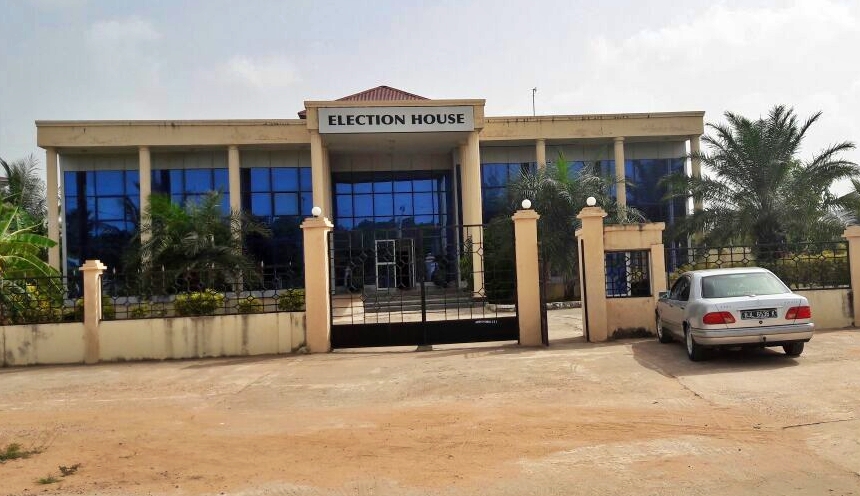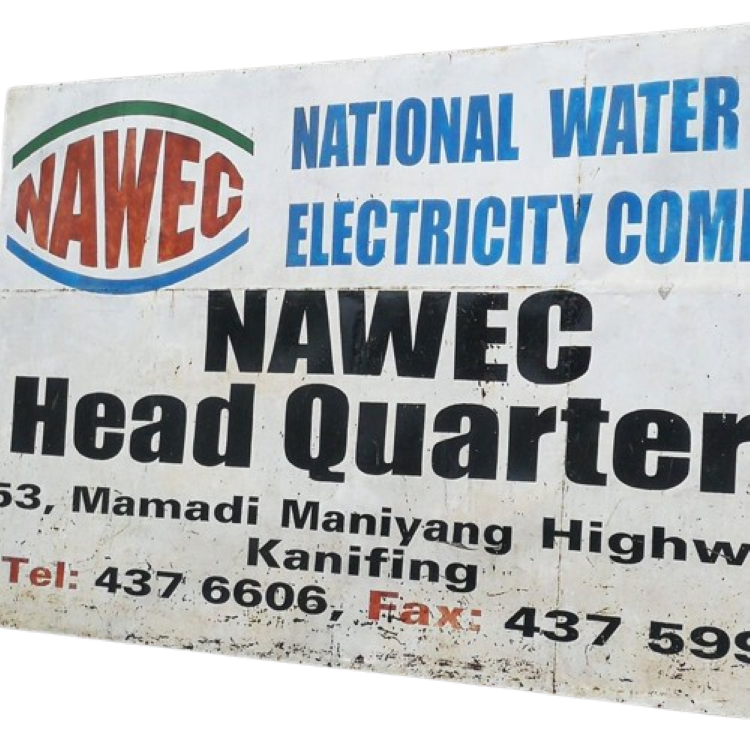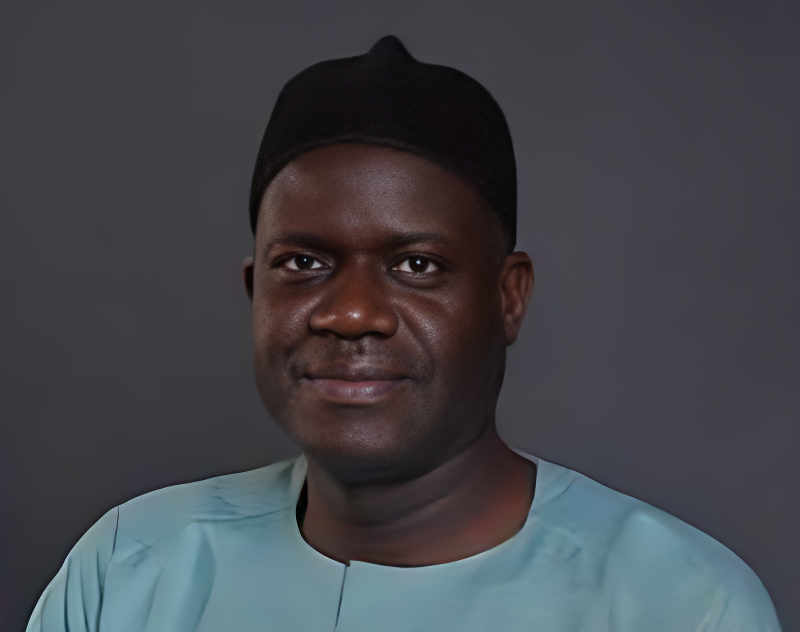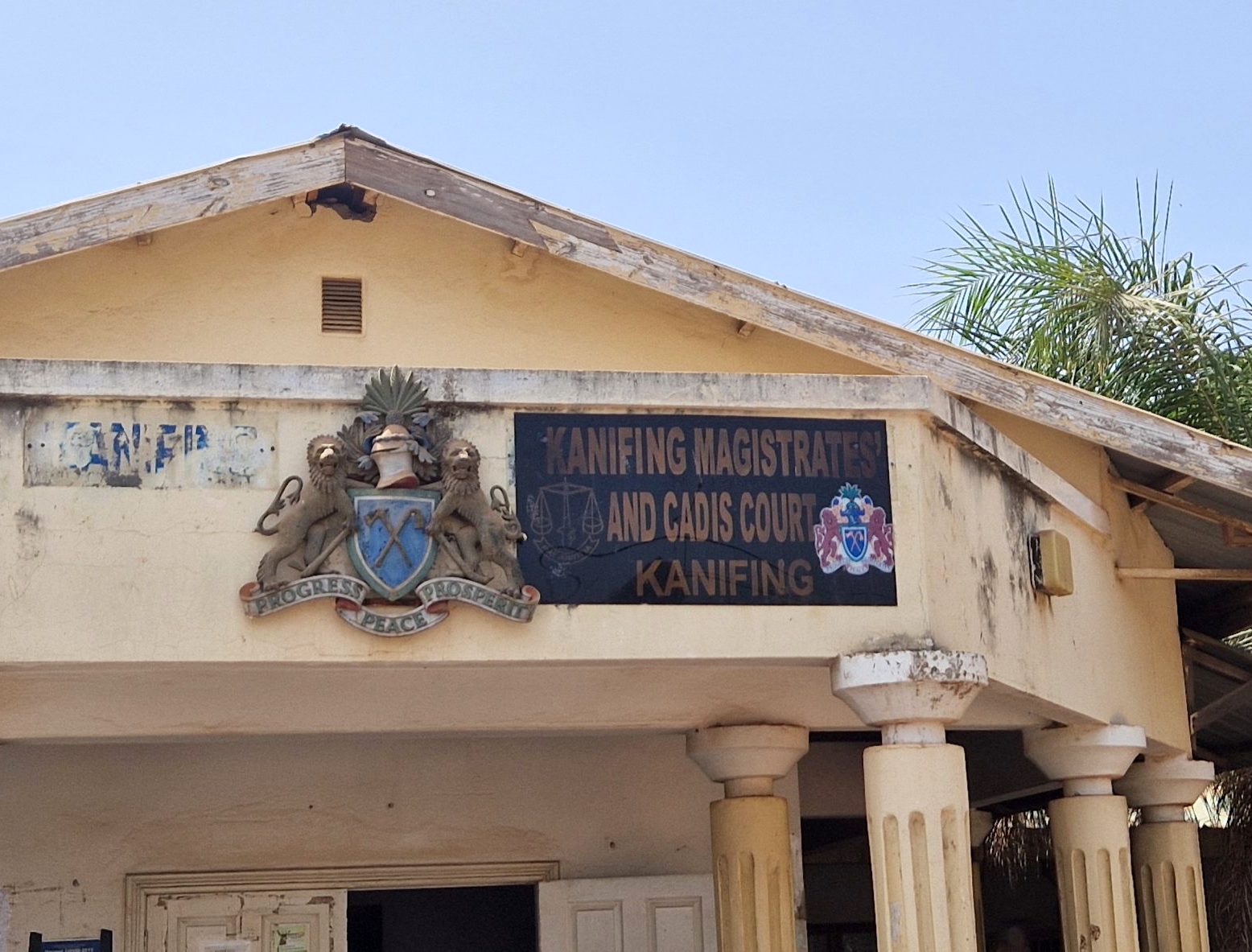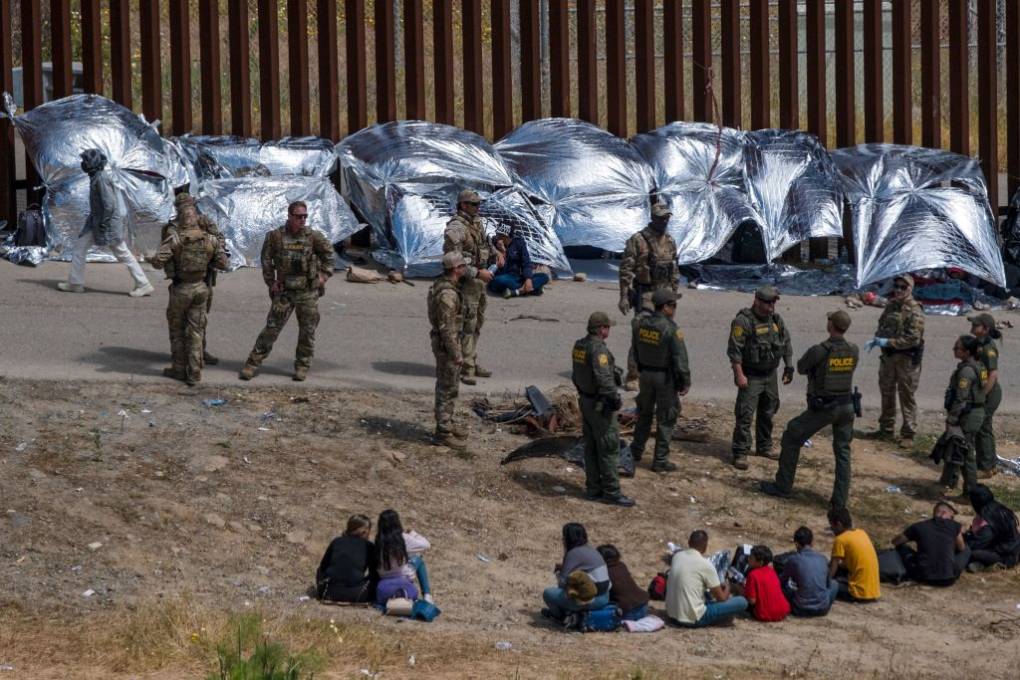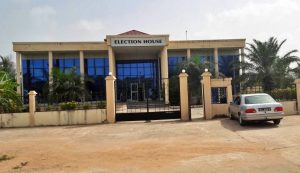Gambiaj.com – (EMERYVILLE, California) – At the Home Depot in Emeryville on a recent morning, a young man from Senegal is sliding boards onto the top of a pickup truck. It’s a way to make a few bucks from customers who want help loading their purchases.
In the corner of the parking lot, about 10 other recently arrived migrants chat in Wolof, a language spoken widely in Senegal and Gambia, while they wait their turn. One of them is 25-year-old Pape — who is using his nickname because of his undocumented status. He’s been in the U.S. for nine months now.
He said in French, “We don’t like to leave our dear country, Senegal, but there are conditions that pushed us.”
Political violence has shaken Senegal in recent years, and unemployment is high. However, for West Africans, attempting the long, dangerous journey overland to the U.S. is something new.
They used to head for Europe and those who made it said that the living was better there. But Europe has cracked down on immigration in recent years, paying North African countries to detain migrants from further south and speeding up deportations.
In Gambia, which borders Senegal, a business owner who gave his name as Bilal said he has seen people leaving his country give up on Europe as well.
“Europe has been overloaded with people taking the ‘back way,’” said Bilal, who has an import/export business in the capital city, Banjul. “So much so that it becomes harder for immigrants to have a regular job or get decent wages to sustain themselves.”
Just in the last two years, he said, word spread about a new route to America. Businesses sprang up, with self-styled agents selling package trips for as much as $10,000.
West Africans still make up only a tiny fraction of all those trying to reach the U.S. for protection or opportunity. But since 2021, more than 30,000 Senegalese and Gambians have crossed the U.S.-Mexico border — up from just dozens a year before then. Pape is one of them.
By policy, the U.S. denies visa applications from people who are considered likely to become a drain on public resources — people from poor countries like Senegal, for example.
So Pape flew to Nicaragua, one of only two countries in the Americas that do not require Senegalese to have a visa. (The other is Bolivia, which would mean crossing the dangerous Darién Gap to get to the U.S.)
Analysts say Nicaragua’s government is facilitating migration to the U.S., partly in retaliation against U.S. sanctions — and profiting from it. Pape paid a fee of about $200 on arriving at the Managua airport, he said, and so did every other migrant who passed through.
A chain of smugglers then brought him through Honduras, Guatemala and Mexico, demanding more and more money along the way. He said they were like the mafia, threatening him and his fellow migrants with machetes and guns.
“If I die here,” he wondered, “how will my family know?”
The hard part isn’t over
After about a month, Pape arrived in Tijuana and surrendered himself to U.S. border patrol agents. They chained him by the wrists and ankles and put him in detention.
“I’d never even seen a person handcuffed like that,” Pape said. “In Senegal, all I knew was school and my house.”
Detention can be a terrible shock to young migrants, said Adoubou Traore, who directs the African Advocacy Network in San Francisco. The nonprofit organization helps the growing number of African migrants in the Bay Area.
“They’re thinking, well, I didn’t kill anybody. I didn’t steal. I didn’t hurt anybody,” Traore said. “So even if they want to keep me, they shouldn’t chain me like I’m a dangerous person. No, no, no, no, no. I’m just trying to cross through.”
Over 90% of detained migrants in the U.S. are held in facilities run by private prison corporations. Advocacy groups report that detained black migrants are more likely to be put into solitary confinement, or denied medical treatment, or assaulted. And then, after release, Traore said, they remain at a disadvantage — even those with a university education like Pape.
“Black migrants, particularly on the West Coast, we’re kind of invisible,” Traore said. “We are heavily, heavily underemployed, and this is such a waste because how can you leave all these bright young people on the sidewalk?’
To apply for asylum, migrants like Pape must complete a 12-page form in English. Those who don’t apply in the first year are no longer eligible. Yet many West Africans need translation into their unique tribal languages, and the current surge in migration means that many translation and legal services are stretched thin.
“Immigration law is really complex,” said Maria Arrine, an immigration attorney with the African Advocacy Network. “And really, what we find is they don’t even understand what they’re supposed to be doing.”
Because Pape speaks French, it was a little easier. He was able to find a lawyer and submit his asylum application. He hopes to receive a work permit after his first court appearance in October.
In the meantime, he’s scraping by, helping contractors load lumber onto their trucks at the Emeryville Home Depot. He said his dream is to continue his education and get an MBA.
“We have to apologize to the Americans and to the United States,” he said, “for making the journey illegally. But understand us because we, too, are humans like you. We are brothers and sisters.”



